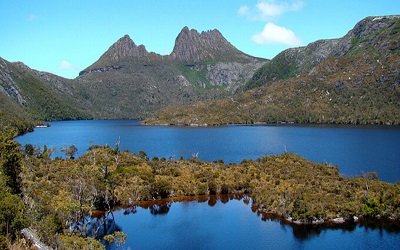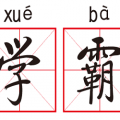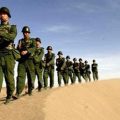PTE考生目前最大的问题之一就是练习题缺乏。除了有限的基本官方书(PLUS,Testbuilder, OG)之外就没有题了。很多英语基础不是很扎实的同学很难找到练习材料。悉尼文波雅思PTE培训学校专门为澳洲,尤其是悉尼、墨尔本的PTE考生准备了适合PTE听力阅读练习的科学60秒。各位PTE同学可以练习PTE听力中的summarise spoken text和PTE口语中的retell lecture,PTE听力口语-科学60秒-Frosty Moss练习记笔记技巧和复述。废话少说,下面开始:
下面是墨尔本悉尼文波PTE雅思培训学校为大家整理的原文材料:
Icy objects such as comets may have helped start life on Earth by delivering water and carbon-based molecules to the young planet. Because putting something on ice doesn’t necessarily keep it from changing: a new study finds that even in frigid, deep space environments, simple hydrocarbon molecules can react to become more complex ones. The process even works when temperatures drop to near absolute zero.
But just what kind of organic molecules would exist on the icy bodies of a forming solar system? Researchers at the Jet Propulsion Laboratory in Pasadena, California, investigated how organic molecules might evolve toward greater complexity even in the cold of interstellar space.
The scientists found that ultraviolet light, which radiates from stars and galaxies, can induce rapid changes in icy hydrocarbon molecules cooled to 5 kelvin—that’s a frosty minus 451 degrees Fahrenheit.
The chemical reactions resulted in molecules of more complexity—which is the right direction to go if you want to eventually make amino acids and biological molecules. The study appears in the Astrophysical Journal Letters.
It just goes to show—if you really want to freeze something in place, you’d better encase it in carbonite.
文波陪伴,PTE不难!





